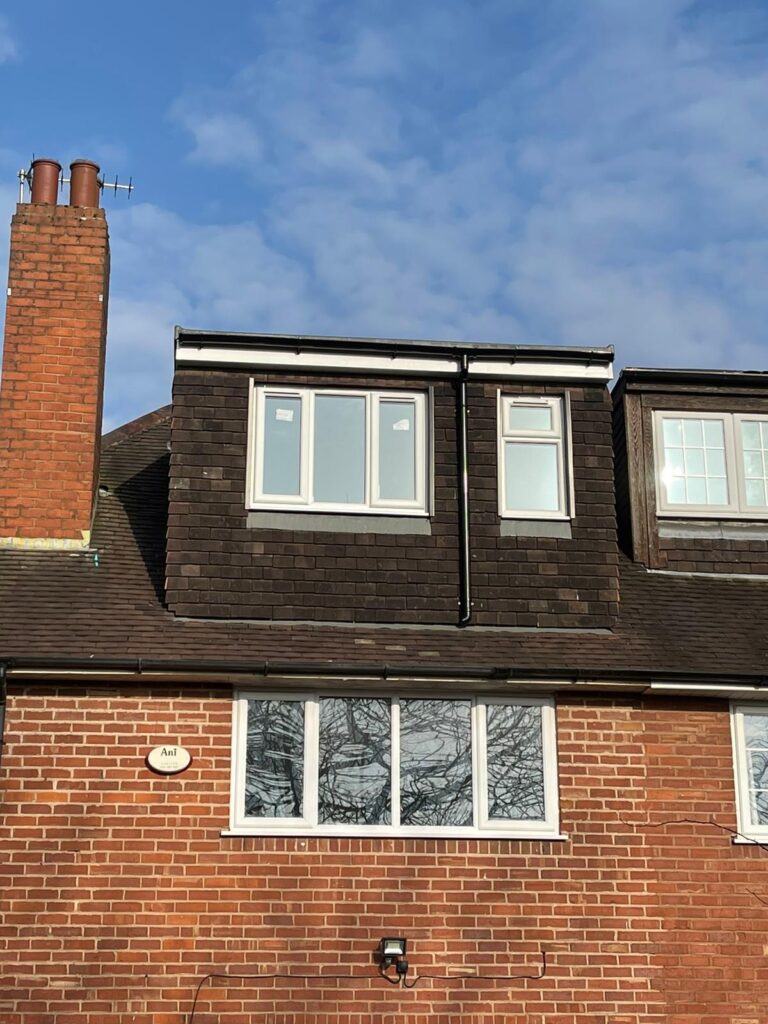Adding a loft conversion to your home or business can be a great way of creating additional space without undergoing expensive and extensive renovations. However, with so many different types of loft conversion options available, understanding what works for your property isn’t always so straightforward.
So, want to know how to choose a loft conversion that’s right for you? Our helpful Which Type of Loft Conversion is Right for You? article is here to guide you in the right direction.
Factors to Consider
Before making a decision regarding your loft conversion, there are several factors to consider, including:
- Feasibility
- Cost
- Disruption
- Additional space
- Planning permission and party wall agreements
- Intended use
Different Types of Loft Conversion: Pros & Cons
Rooflight/Velux
Involves fitting a window while leaving the existing space as it is.
Pro:
- One of the more affordable options available
- Minimal disruption to the property to complete
Con:
- Typically requires further work (including electrics and installation) to be habitable
Dormer
Involves creating a box-like structure that projects out vertically from the roof. Typically features standard windows as opposed to rooflights.
Pros:
- One of the more affordable options available
- Minimal disruption to the property to complete
Cons
- Often lacks aesthetic appeal
Hip-to-gable
Involves transforming the sloped side of a gabled roof into a vertical one. This change often includes extending the existing roofline to create a new gabled end.
Pros:
- Creates a lot more internal space, including headroom
- Can increase property value significantly
Cons
- Not suitable for all property types
- Often more expensive compared to other types of conversion
Mansard
Involves altering the entire roof structure by transforming a sloping roof into an almost vertical one, creating an entirely new level.
Pros
- Creates a lot more internal space, including headroom
- Can accommodate various configurations, including multiple rooms
Cons
- Often more expensive compared to other types of conversion
- Planning permission is often required
- Typically takes much longer to complete than other conversions due to the work involved
L-shaped
Involves combining two dormer lofts together at a right angle to create an L-shape.
Pros
- Creates a lot more internal space
- Allows in plenty of natural light
Cons
- Planning permission is often required
- Not suitable for many property types
Best For…
Still asking the question of “which loft conversion is right for me?” Below, we cover the best options for budget, additional living space and planning requirements.
Budget
Cost restrictions can massively impact the options available to those looking to build a loft conversion. For those without an unlimited budget, a rooflight or dormer loft conversion is often the way to go, as they are often more affordable than the alternatives.
Additional Living Space
Looking to truly maximise the available space? When it comes to creating as much additional room as possible, L-shaped and hip-to-gable loft conversions are typically the best option.
Minimal Disruption or Planning Requirements
Installing a new loft conversion provides several benefits. However, one of the major downsides is the amount of disruption to day-to-day living that comes with the work. Rooflights and dormers often involve much less interruption than other conversions, while these options are also less likely to require planning permission.
How to Choose a Loft Conversion: Final Thoughts
Whatever kind of loft conversion you’re planning for your property, be it in Wednesbury, Halesowen, or further afield, speak to the team here at RJS Construction today. We will arrange a home visit where we can discuss your requirements in more detail and provide an accurate, no-obligation quote for the job. Call today on 0121 661 8044 or email rjsconstruction@aol.com to see what we can do for you.



